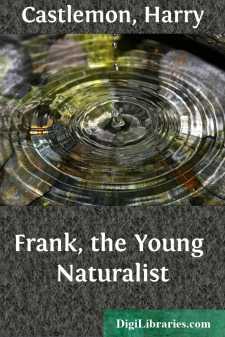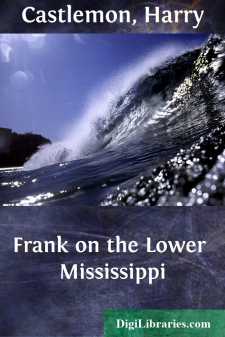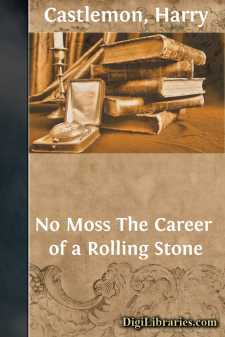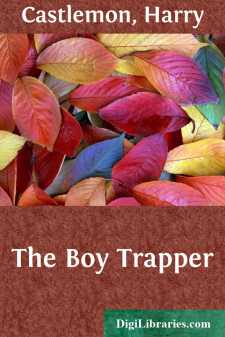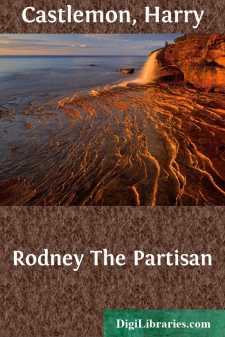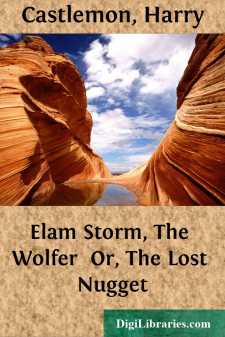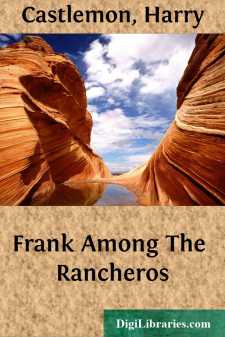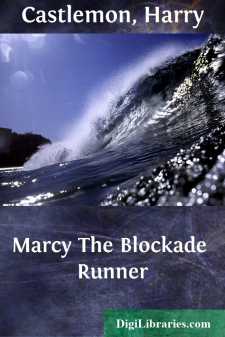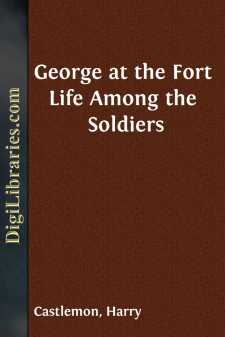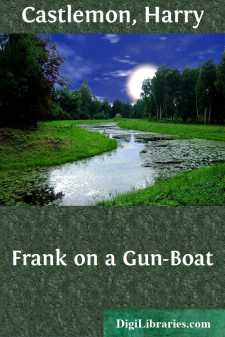Categories
- Antiques & Collectibles 13
- Architecture 36
- Art 48
- Bibles 22
- Biography & Autobiography 813
- Body, Mind & Spirit 142
- Business & Economics 28
- Children's Books 15
- Children's Fiction 12
- Computers 4
- Cooking 94
- Crafts & Hobbies 4
- Drama 346
- Education 46
- Family & Relationships 57
- Fiction 11828
- Games 19
- Gardening 17
- Health & Fitness 34
- History 1377
- House & Home 1
- Humor 147
- Juvenile Fiction 1873
- Juvenile Nonfiction 202
- Language Arts & Disciplines 88
- Law 16
- Literary Collections 686
- Literary Criticism 179
- Mathematics 13
- Medical 41
- Music 40
- Nature 179
- Non-Classifiable 1768
- Performing Arts 7
- Periodicals 1453
- Philosophy 64
- Photography 2
- Poetry 896
- Political Science 203
- Psychology 42
- Reference 154
- Religion 513
- Science 126
- Self-Help 84
- Social Science 81
- Sports & Recreation 34
- Study Aids 3
- Technology & Engineering 59
- Transportation 23
- Travel 463
- True Crime 29
Frank, the Young Naturalist
by: Harry Castlemon
Description:
Excerpt
CHAPTER I.
The Home of the Young Naturalist.
About one hundred miles north of Augusta, the Capital of Maine, the little village of Lawrence is situated. A range of high hills skirts its western side, and stretches away to the north as far as the eye can reach; while before the village, toward the east, flows the Kennebec River.
Near the base of the hills a beautiful stream, known as Glen's Creek, has its source; and, after winding through the adjacent meadows, and reaching almost around the village, finally empties into the Kennebec. Its waters are deep and clear, and flow over a rough, gravelly bed, and under high banks, and through many a little nook where the perch and sunfish love to hide. This creek, about half a mile from its mouth, branches off, forming two streams, the smaller of which flows south, parallel with the river for a short distance, and finally empties into it. This stream is known as Ducks' Creek, and it is very appropriately named; for, although it is but a short distance from the village, every autumn, and until late in the spring, its waters are fairly alive with wild ducks, which find secure retreats among the high bushes and reeds which line its banks. The island formed by these two creeks is called Reynard's Island, from the fact that for several years a sly old fox had held possession of it in spite of the efforts of the village boys to capture him. The island contains, perhaps, twenty-five acres, and is thickly covered with hickory-trees; and there is an annual strife between the village boys and the squirrels, to see which can gather the greater quantity of nuts.
Directly opposite the village, near the middle of the river, is another island, called Strawberry Island, from the great quantity of that fruit which it produces.
The fishing-grounds about the village are excellent. The river affords great numbers of perch, black bass, pike, and muscalonge; and the numberless little streams that intersect the country fairly swarm with trout, and the woods abound in game. This attracts sportsmen from other places; and the Julia Burton, the little steamer that plies up and down the river, frequently brings large parties of amateur hunters and fishermen, who sometimes spend months enjoying the rare sport.
It was on the banks of Glen's Creek, about half a mile from the village, in a neat little cottage that stood back from the road, and which was almost concealed by the thick shrubbery and trees that surrounded it, that FRANK NELSON, the young naturalist, lived. His father had been a wealthy merchant in the city of Boston; and, after his death, Mrs. Nelson had removed into the country with her children, and bought the place of which we are speaking. Frank was a handsome, high-spirited boy, about sixteen years of age. He was kind, open-hearted, and generous; and no one in the village had more friends than he. But his most prominent characteristic was perseverance. He was a slow thinker, and some, perhaps, at first sight, would have pronounced him "dull;" but the unyielding application with which he devoted himself to his studies, or to any thing else he undertook, overcame all obstacles; and he was further advanced, and his knowledge was more thorough than that of any other boy of the same age in the village....


